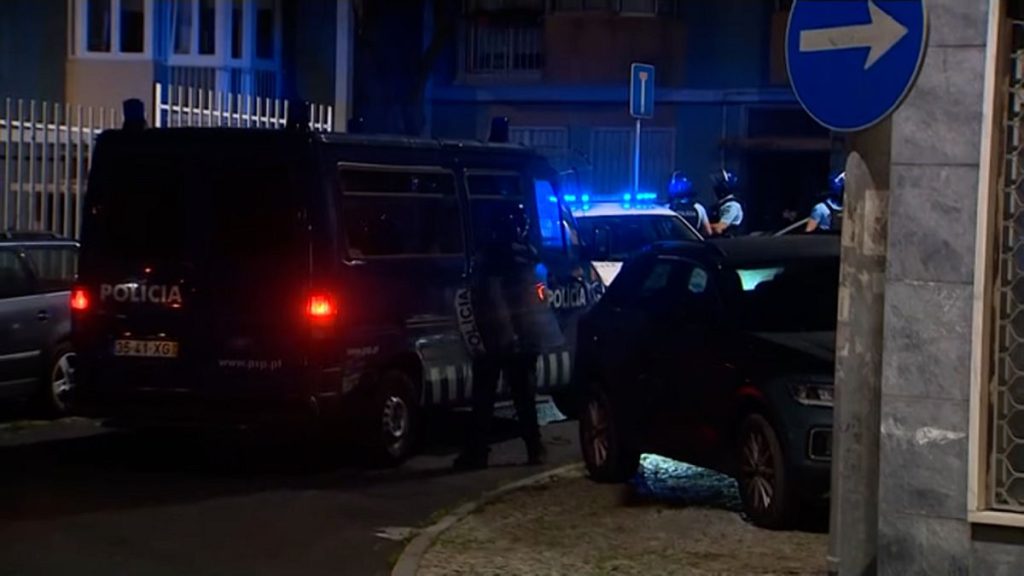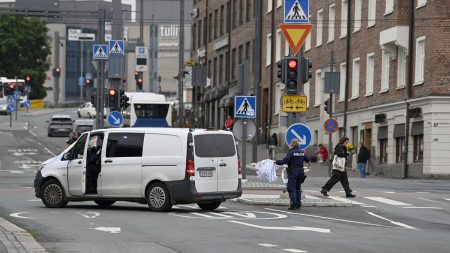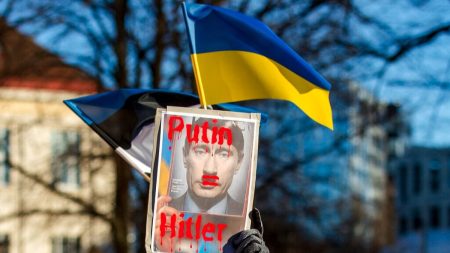The recent announcement by Portuguese Prime Minister Luis Montenegro regarding a €20 million investment in acquiring 600 new vehicles for the country’s police force has generated mixed reactions. The funding, aimed at both the Public Security Police (PSP) and the Republican National Guard (GNR), is seen as a necessary step to enhance public safety and improve the operational capacity of police forces. Montenegro’s government emphasizes the importance of acknowledging and supporting the remuneration and professional development of public administration employees, particularly those working in security. Despite his assertions of Portugal being one of the safest countries globally, the investment has raised concerns among police union representatives who believe that the resources allocated will not fully address the pressing needs of the forces.
Although the €20 million investment has been previously announced by the previous administration, it has been met with skepticism from police union leaders who describe the financial commitment as inadequate. Armando Ferreira, the president of the police union, expressed that the current state of police equipment is alarming, with much of it old and worn out. This sentiment reflects a broader frustration within the police force concerning the perceived lack of sufficient investment in essential resources and infrastructure. Ferreira underscored that while government funding for the security sector is essential and welcomed, it is crucial to ensure that these investments meet the operational demands of modern policing and community safety.
The context surrounding the investment is particularly significant given recent events in Lisbon, where riots erupted following a police shooting of a man from Cape Verde. This incident not only put the spotlight on policing practices within the country but also underscored the critical need for improved resources and equipment to manage such civil unrest effectively. The violence and injuries suffered by officers during these riots highlighted the precarious state of police readiness and safety in the face of evolving public order challenges. Consequently, Ferreira’s statement serves as a wake-up call regarding the systemic issues within Portuguese law enforcement that require immediate attention and a more comprehensive approach to funding and resource allocation.
The investment decision hinges on the broader question of public safety in Portugal, which has been considered relatively stable compared to other nations. However, the strained relations between the police and the communities they serve have been affected by recent events, leading to calls for greater accountability, better training, and improved resources. As the Prime Minister seeks to strengthen the perception of safety in Portugal, it is imperative for the government to engage in open dialogue with law enforcement representatives to understand their concerns better and equip them adequately to fulfill their duties.
Montenegro’s government acknowledges the needs of the police force but must also confront the realities of budget constraints and competing public spending priorities. The evolution of crime and public safety challenges requires ongoing investment in not just vehicles but also training, mental health support, and community engagement initiatives. The importance of these factors cannot be overstated as they directly influence the efficacy of policing in maintaining public order and building trust within communities. In addition, addressing the broader socio-economic factors that contribute to violence and unrest is crucial to ensuring long-term safety and security.
Ultimately, while the €20 million allocation for police vehicles represents a step in the right direction, it is evident that it falls short of addressing the comprehensive needs of Portugal’s police forces. As stakeholders in public safety, both the government and police unions must work collaboratively to identify sustainable solutions and prioritize investments that will build a more resilient and effective law enforcement framework in Portugal. Only through ongoing commitment and comprehensive strategies will the country continue to uphold its reputation as one of the safest in the world while ensuring that its police forces are equipped to meet the challenges of modern policing.














